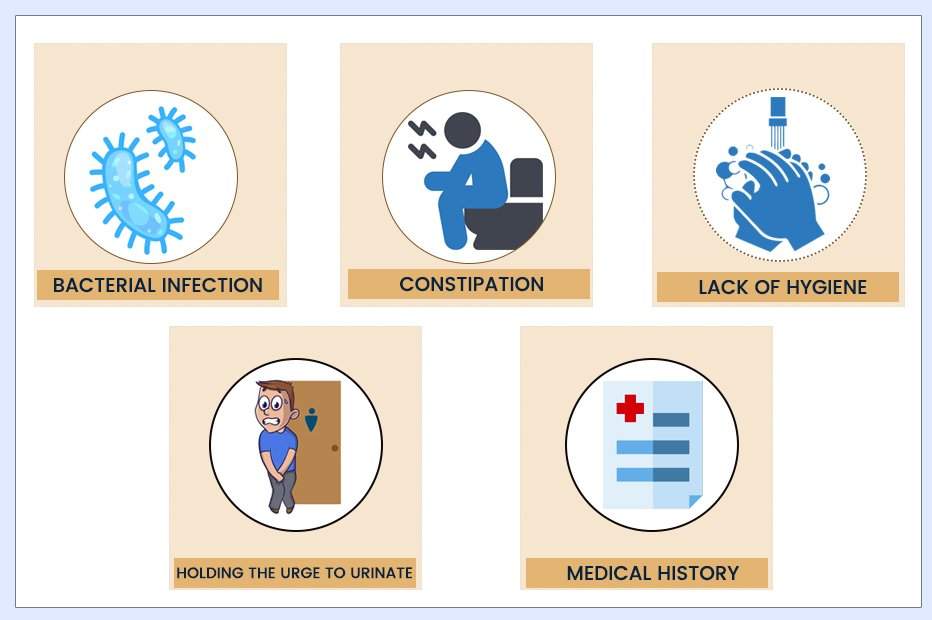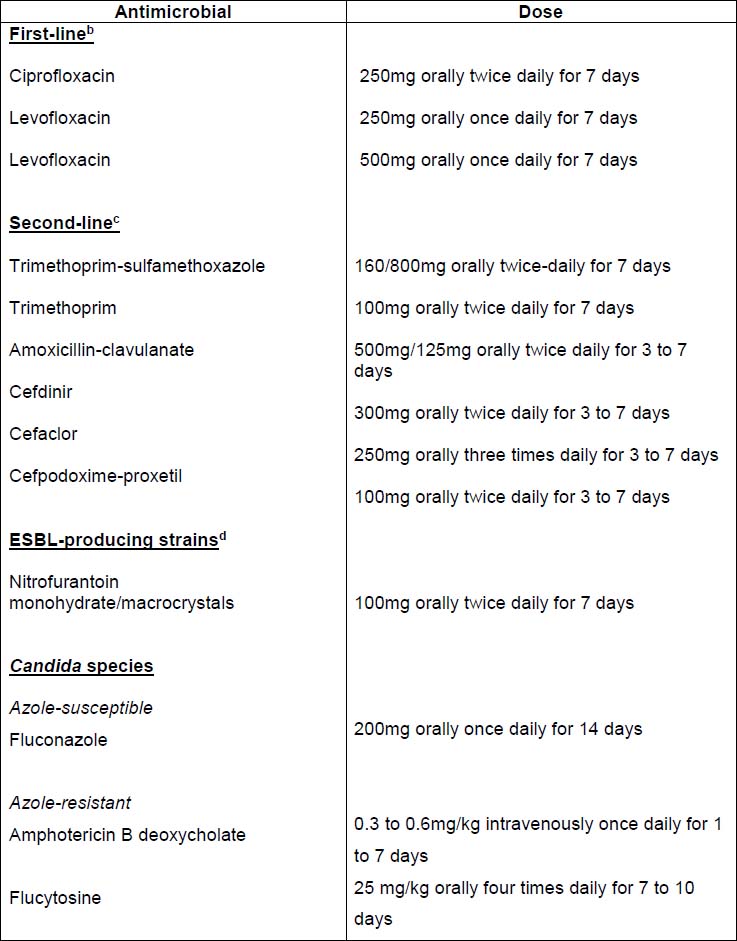
A UTI is an infection caused by bacteria in the urethra, bladder, or intestines. It is the most common hospital-acquired infection in the United States, and is most often seen in individuals using catheters. Elderly patients may have symptoms that include a fever, weakness, and frequent urination. They may also pass small amounts of urine. Children with cystitis may exhibit other symptoms such as vomiting or general weakness.
Most often, the cause of cystitis is a bacterial infection, but it can also be the result of irritation of the bladder. While most bacterial infections occur through the urinary tract, bladder inflammation can also lead to infection. Infections in the bladder typically occur via the urethra, which is a narrow tube leading from the anus to the kidneys. Women have shorter urethras, which make bacteria enter the bladder easier. The longer a person’s urethra is, the more likely a bacterial infection is to develop.
The signs and symptoms of cystitis are similar to those of a bacterial infection. They include pain or burning when passing urine, a stronger urge to pass water, and pain while urinating. Although the condition is treatable, a physician should be consulted if the symptoms persist. If the cause of your pain is an underlying condition, your outlook for recovery will be improved. There is no need to panic if you suffer from the pain of cystitis.
Bacteria that cause urinary tract infections include Escherichia coli, which usually lives in the human digestive tract. However, if these bacteria enter the bladder, they can cause an infection and inflame it, leading to cystitis. In cases of noninfectious cystitis, your doctor may prescribe pain medications to reduce discomfort. For example, chemotherapy and radiation can cause acute bladder pain in women.
If you have cystitis, you should make an appointment with your healthcare provider. They may refer you to a urologist who specializes in bladder and urinary tract problems. Write down all symptoms and medications you’ve been taking. It can be helpful to bring a family member or friend with you during the appointment, as they can hear details that you might not. Ask questions and write notes while the doctor is examining you.
If you have experienced any of these symptoms, you may have cystitis. In some cases, the symptoms may include a burning sensation when passing urine. These sensations can range from mild prickling to intense pain. If you have had cystitis previously, you are more likely to get it again. Having cystitis is common among women. The shorter the urethra, the easier it is for the bacteria to enter the bladder.

Many people with cystitis have chronic symptoms, including bleeding during urination. The pain may be mild or painful, and the infection can be painful or even life-threatening. Symptoms of cystitis can be unpleasant but they generally go away within a few days. If you’re experiencing a persistent infection, however, see a doctor. A GP can also perform a urine test to confirm the diagnosis.
Symptoms of cystitis are not limited to the pain you feel when passing urine. The pain can range from a prickling feeling to a burning searing sensation. You may also feel a stronger urge to pass water than normal. Other signs of cystitis include a weakened immune system or anatomical abnormalities of the urinary tract. A complex case of cystitis is characterized by inflammation that spreads to the kidneys. The bacteria may travel up the urethra and cause pyelonephritis.
Some people may suffer from serious complications after developing cystitis. Some people are at risk of serious complications if they don’t seek treatment right away. Those with compromised immune systems or other chronic conditions are especially vulnerable to serious complications. While mild cystitis can be managed at home, it’s important to see a doctor if the condition persists. In severe cases, antibiotics may be needed.
If cystitis is bacterial in origin, antibiotics are prescribed. They will work to clear the infection and relieve pain. Some pharmacies will run a test to determine if the cystitis is a bacterial infection. In most cases, antibiotics last three to seven days, although some people may need a longer course. However, it is important to seek medical attention and visit a health website https://indexar.com.ar/
if you develop these symptoms.

